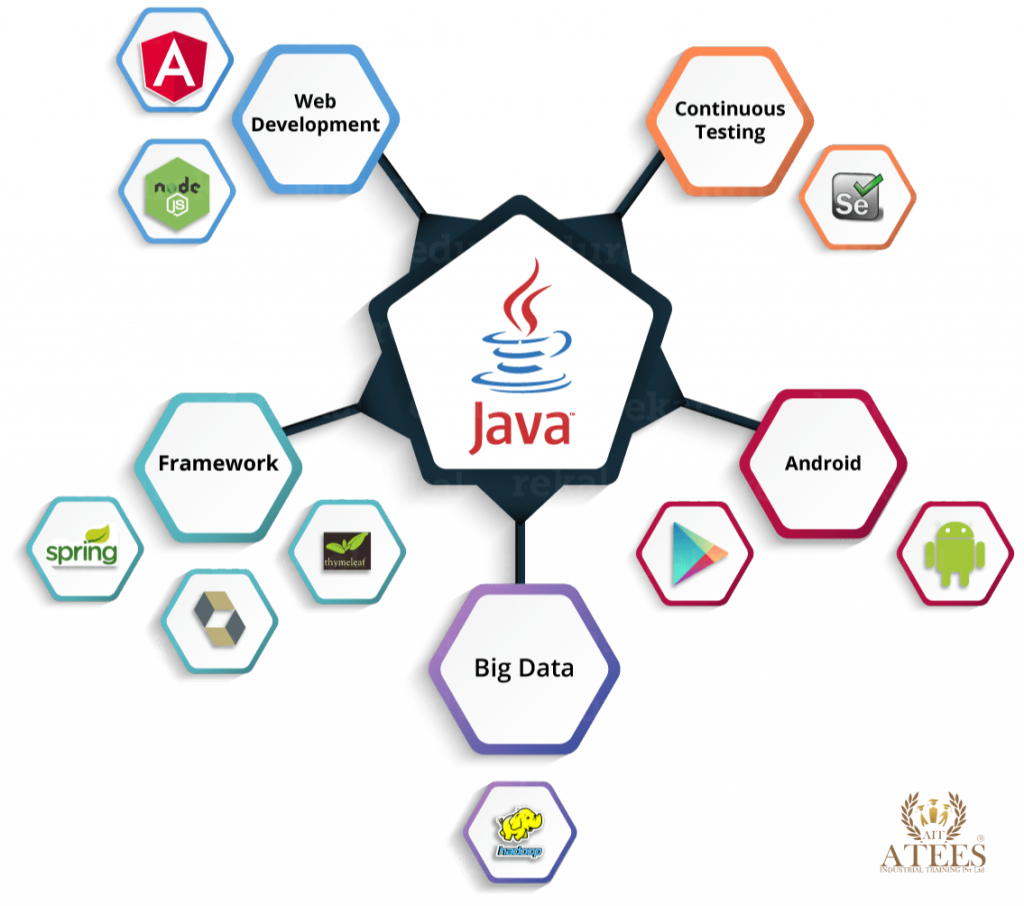Java is one of the most popular computer languages used as the server-side language for most back-end development projects, including those involving big data and Android development.
The relevance of Java is still important as it provides easy coding and high security, enabling the creation of many apps for different industries, including health, education, and insurance.
ATEES Industrial Training provides the most comprehensive Java training courses in Kerala that cover all topics of Java programming.Our institution in Thrissur offers professional Java courses for students interested in building their careers in application development, including web, desktop, and mobile applications.

At AIT, you can learn Java from the industry’s best trainers, who have years of experience in IT training. In this blog, you will discover 10 Java coding tips that every programmer should know to enhance their expertise and knowledge in Java programming.
Now Write Better in Java With These 10 Coding Tips
- Get the Basics Right
The abundance of features and functionalities in Java can tempt people to try to learn too much too quickly, which may result in them gaining only a superficial understanding of a few Java options, while their grasp of the fundamentals remains weak.
- Don’t Just Read
To truly enhance your Java skills and knowledge, it is advisable to learn the concepts and then apply them practically by writing code, rather than just reading about them.
- Understand your Code and Algorithm
For beginners starting to code with an ‘if-else’ statement, it is recommended to first write the code on paper. This can help in grasping the fundamental idea behind the code and gaining a better understanding of the algorithm, which in turn can clarify the overall process of compiling the code.
- Do Not Forget to Allocate Memory
Java is a dynamically-typed programming language that requires memory allocation using the ‘new’ keyword. In contrast, C and C++ do not provide explicit support for dynamic memory allocation. Therefore, when dealing with arrays and object declarations in Java, one needs to be careful. If the ‘new’ keyword is not used, the code can generate a null pointer exception.
- Avoid creating useless objects
In Java, the creation of objects utilizes system memory and processor speed. Since memory allocation is a crucial part of object creation, it is recommended to exercise control over object requirements and avoid generating unnecessary objects in the code.
- Interface is better than Abstract class
Abstract classes may restrict programmers from utilizing various methods, while interfaces only contain abstract methods, thereby performing the role of abstract classes and offering additional advantages.
- Standard library is a bliss
Using the standard library in Java can streamline the programming process, increase productivity, and promote a structured code structure. Furthermore, performing operations on the library’s methods is straightforward.
- Prefer Primitive classes over Wrapper Class
While wrapper classes can be advantageous, they often have slower performance compared to primitive classes because they contain additional information about the entire class, whereas primitive classes only hold values
- Dealing with strings
In Object Oriented Programming, Strings are considered classes. When concatenating two strings in Java, a new string object may be created, potentially impacting memory usage and system performance. Therefore, it is recommended to create a string object directly, without using the constructor, in order to minimize the potential impact on memory and speed.
- Use Static Methods Wisely
Static methods should be used carefully and only for methods that do not rely on an object’s state.
We hope these tips will help you do better in Java programming. Now confirm your admission at AIT and learn the most in-demand Java training courses in Kerala.


LEAVE A REPLY